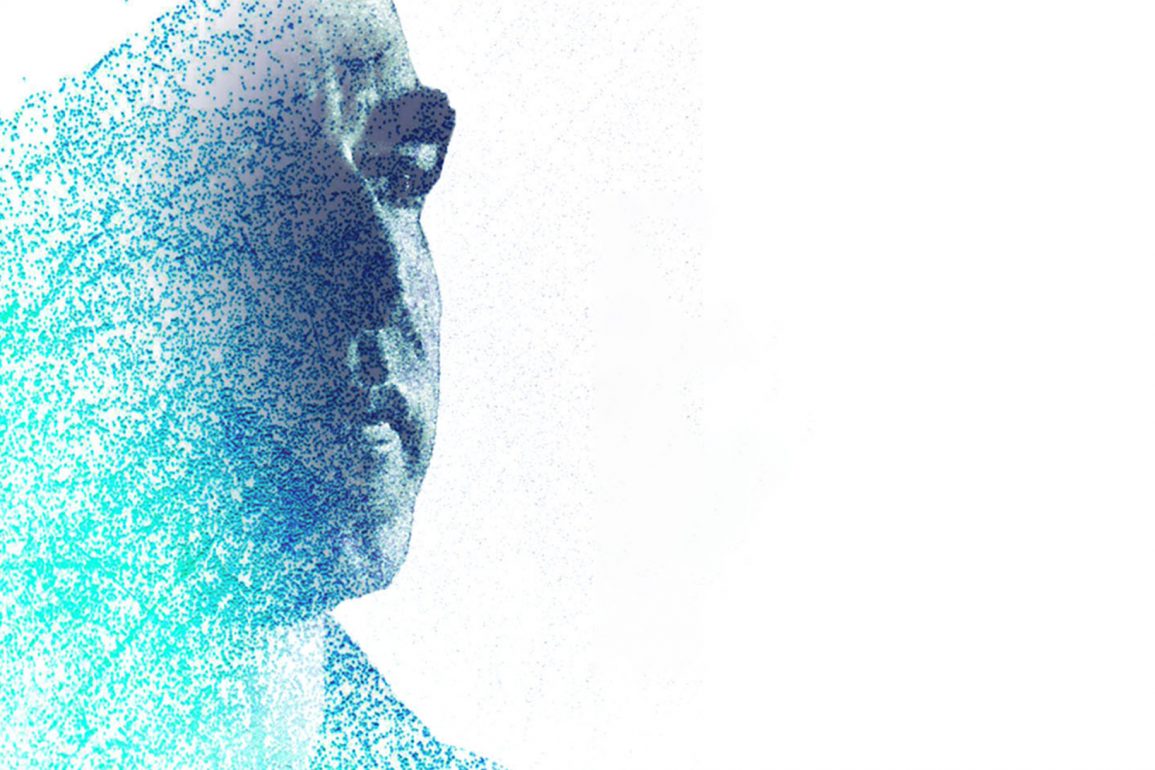Fresh from the release of his transhumanist documentary, 2030, Johnny Boston gave us some insight into how the documentary came to be.
How’d you get your start?
I came to America in the early 90s and moved to LA. I had aspirations of being an actor but instead I began doing videos for a number of artists and bands, including John Taylor from Duran Duran. I also produced several Wu Tang videos, as well as Eve and DMX.
What led to this documentary?
When FM was suspended, I started to receive a number of calls from various people who were interested in this – both from a cultural and scientific standpoint. There were a lot of advances being made in relation to gene therapy and also in terms of how we communicate – cell phones, online banking, etc. So these interactions were really the film’s inception.
What impact would you like ‘2030’ to have?
We started shooting in 2016 and the inspiration was really based on FM’s philosophy that we should aspire to exist in a much kinder and more compassionate and empathetic world. But also the notion that we should be having a genuine dialogue about some of these larger, existential questions that will ultimately redefine what it means to be human and what the ramifications will be.
I’m not grandiose enough to believe that a film or a story will change how we think about the world. That would be wonderful, but the goal was really to get people talking about some of the things that are happening in the world today, again in terms of social and scientific progress.
What issues did you face and how did you overcome them?
Film, unlike most mediums, is exceptionally collaborative and there are all sorts of issues at play. I couldn’t have made this film unless people were remarkably helpful. So, it’s not about giving up creative control, but oftentimes you have to allow other people into the process.
Which filmmakers have inspired you the most?
There are so many influential filmmakers I admire and respect: Hitchcock. Scorsese, Costa-Gavras, Francis Ford Coppola and Sophia Coppola, to name a few.
What lessons have you learned throughout your career?
As far as lessons go, I think remembering that it’s not very often it’s just you and your camera is extremely important. You need to be respectful of other people and learn form their mistakes. Having a very good line producer in your corner is key. But it’s not just about the shoot and the editing; you also need to think about the promotion and publicity aspect.
One needs to remember how this film is going to get sold and distributed. What’s the appeal? It’s a long process that you have to be truly committed to. I was very lucky because I had an incredible team of people working with me. If there’s any sage advice I can impart, it’s to find good people. Not necessarily the most talented, but the most trustworthy.
What do you want to impart to the audience?
There are a variety of things that I would like people to take away from the film. We’re at the beginning of a very poignant phase in human existence and the choices we make today are going to shape the foreseeable future. But how do we want those things to play out and who are the beneficiaries?
What kind of legacy do you want to leave behind as a filmmaker?
As far as a legacy goes, well, I hope I’m not old enough to be leaving one just yet. But I’m extremely proud of this film and I’m hopeful that through this story, I can impart some of FM’s wisdom and advice that was so personally motivating to me as well as countless others.
What’s next for you?
We have a number of other film projects that we are trying to get funded. One is a horror film and another is a psychological thriller, and of course we will continue to focus on documentaries.




